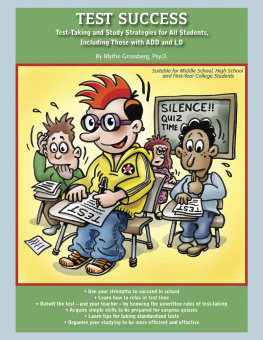
HOW TO STUDY
SEVENTH EDITION
Ron Fry

INTRODUCTION
HOW TO USE THIS BOOK
What one knows is, in youth, of little moment;
they know enough who know how to learn.
Henry Adams
Learning how to study is learning how to learn. And that is, to me, the greatest gift you can ever give yourselfor your children.
Having stated that so boldly, I suspect I still have to convince some of you that spending any time trying to master this stuffstudying, learning, reading, note taking, writingis worth your while.
There are, of course, some terrific reasons why you should learn how to study, why you really must learn how to study. But before I start convincing you that developing proper study skills is importantand whylets figure out exactly what we mean by study skills so were all on the same wavelength.
Yes, How to Study includes hints, advice, and techniques for taking notes in class, while youre reading your textbooks, in the library, and online; how to prepare for tests; and how to organize your study schedule to get the best results in the shortest amount of time. But thats only half of the book. There are essential skills you may think have nothing to do with studying, and important steps you need to take right from the start.
Heres Where to Start
Learn as though you would never be able to master it;
hold it as if you would be in fear of losing it.
Confucius
Developing great study habits is like a foot race between you and your friends. Before you can declare a winner, you have to agree on where the finish line is. In other words, how do you measure your ability to use these skills? Whats good? Whats poor?
But you cant even start the race until you know where the starting line isespecially if its drawn at a different spot for each of you!
starts by explaining individual study skills and clarifying how each can and should function in your life. Then youll be given the chance to find your own starting line.
In , youll learn the importance of where, how, and when you study, and youll start building the study environment thats perfect for you. Why is this important? If youve spent three hours reading Gravitys Rainbow with Outkast shaking the walls, its not surprising youre still on page three. Reading about and understanding Mr. Pynchon might have little to do with increasing reading comprehension, rescheduling your time, or changing booksand a lot more to do with just turning down the volume.
There is no magic elixir in the study habit regimen. If math and science are not your strong suits, memorizing How to Study will not transform you into a Nobel Prize-winning physicist. Nobody is great at everything, but everybody is great at something. So youll also get a chance to rate the subjects you like and dislike, plus those classes you do best and worst in.
Chapter 2 also introduces some of the intangibles in the study equation: your home environment, attitude, motivation, and so forth. If you are dedicated to studying and motivated to achieve certain goals, all the other factors that affect your study habits will fall more naturally into place. A belief in the study ethic is one of the keys to success.
Finally, mastering some other key components of the study processlearning to read teachers, developing mentors, dealing with perfectionism, the importance of flexibilitywill help you get off to the right start.
Reading and Comprehension
introduces the skills basic to any study process: reading and comprehension. No matter how well you learn to take notes, how familiar you become with your library, how deftly you surf the Internet, how doggedly you study for tests, if you are reading poorly (or not enough) and not understanding what you read, life will be difficult.
Becoming a good reader is a skill, one usually acquired early in life. If its a skill you havent acquired yet, now is the time! also points out how your ability to recall ideas, facts, and figures can be significantly increased (quantitatively and qualitatively) with practice.
Making Up for Lost Time
To see a significant change in your life, most of you will not need to study harder, just smarter. This means making better use of your study timespending the same two, three, or four hours, but accomplishing twice, thrice, or four times what you do now. introduces the simplest and easiest-to-use organizational and time-management tools youll ever findpowerful ways to make sure you are always on track, including guidelines to develop both short-term and long-term calendars.
Go to the Head of the Class
In I talk about the one experience we all have in common, no matter how old we are: the classroom. Ill help you take better notes, encourage your active participation in class discussionsincluding pointers on how to overcome the tendency to hide behind the plant in the back of the roomand help you get a lot more out of lectures.
Becoming an Information Hound
introduces you to the two important resources in your study careeryour library and the Internetand discusses how to build up your research muscles to get the information you need when you need it. Youll learn about the books, periodicals, newspapers, magazines, computer software, videos, audiotapes, and other reference materials available to you at most brick-and-mortar libraries and suggestions for how to find and use them, including an explanation of the Dewey decimal classification and Library of Congress systems. Ill also cover the use of online resources and the importance of becoming computer and Internet literate.
So Youre Not the Next Hemingway
Im convinced that too many of you place the emphasis in writing papers on the word writing. In Ill introduce you to a remarkably easy way to take notes and organize your information. By breaking down any paper, no matter how complex, into easy-to-follow steps, Ill help you create papers infinitely better than beforeeven if youre still no threat to Hemingway (or anybody else) when it comes to writing.
How to Ace Any Test
covers the dos and donts of test preparation, including the differences between studying for weekly quizzes, midterms, and final examinations; why last-minute cramming doesnt work (but how to do it if you have no other choiceshame!); studying for and taking different types of tests (multiple-choice, true/false, essay, open book, and so on); how to increase your guessing scores; even which questions to answer first and which to leave for last.
How Smart Do You Study?
How to Study is the most comprehensive study guide ever writtena fundamental, step-by-step approach that you can follow to develop and sharpen your study skills.
If youre struggling through college or graduate school, heres your life preserver.
If youre a high school student planning to attend college, nows your chance to hone your study skills.
If youre heading for trade school or not even considering collegeeven if youre ready to drop out of high school at the earliest possible instant, you still need How to Study.
If youre an adult returning to the classroom after a lengthy absence, theres no substitute for the tips and techniques you will learn in this helpful collection.
So what if youre a really poor student? How smart you are is not the point.
Next page
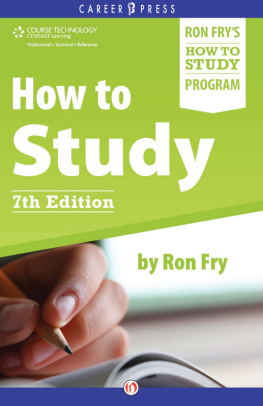
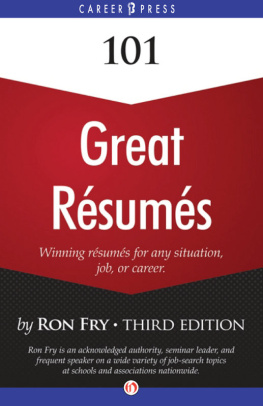
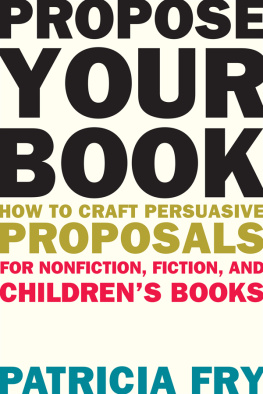

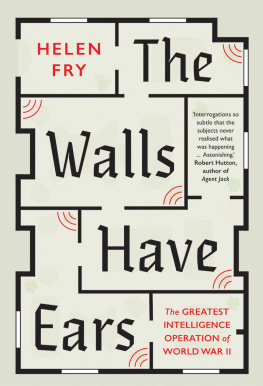
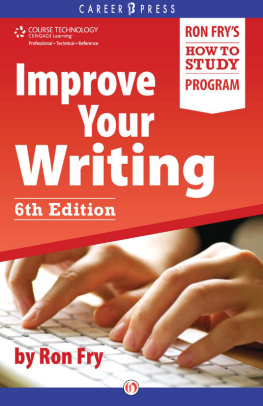
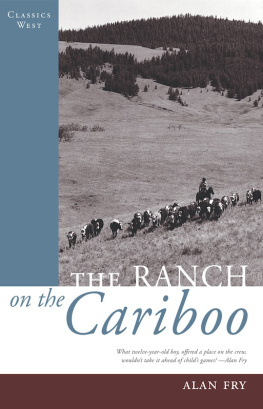
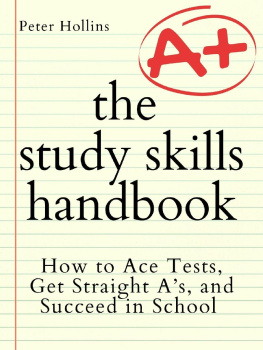
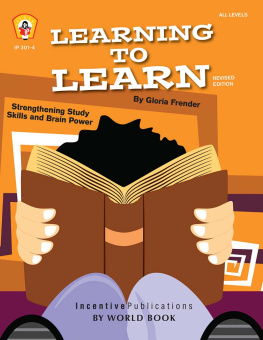
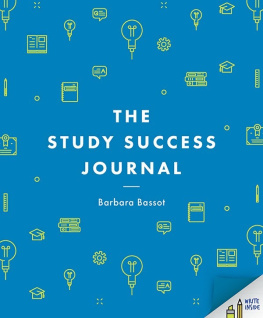
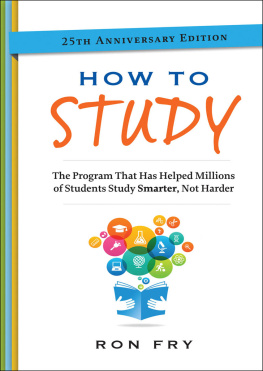
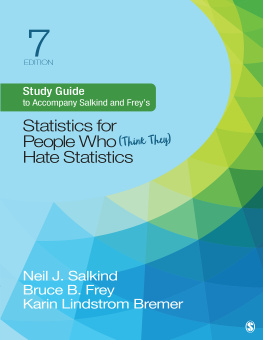

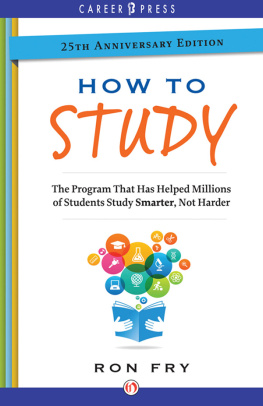
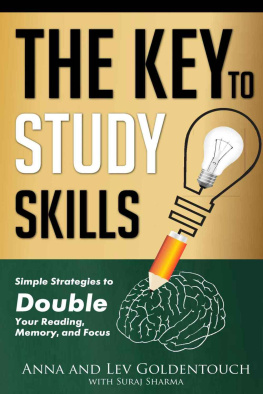
![Thomas Nelson - The NKJV Study Bible [Full-Color Edition]](/uploads/posts/book/79115/thumbs/thomas-nelson-the-nkjv-study-bible-full-color.jpg)
